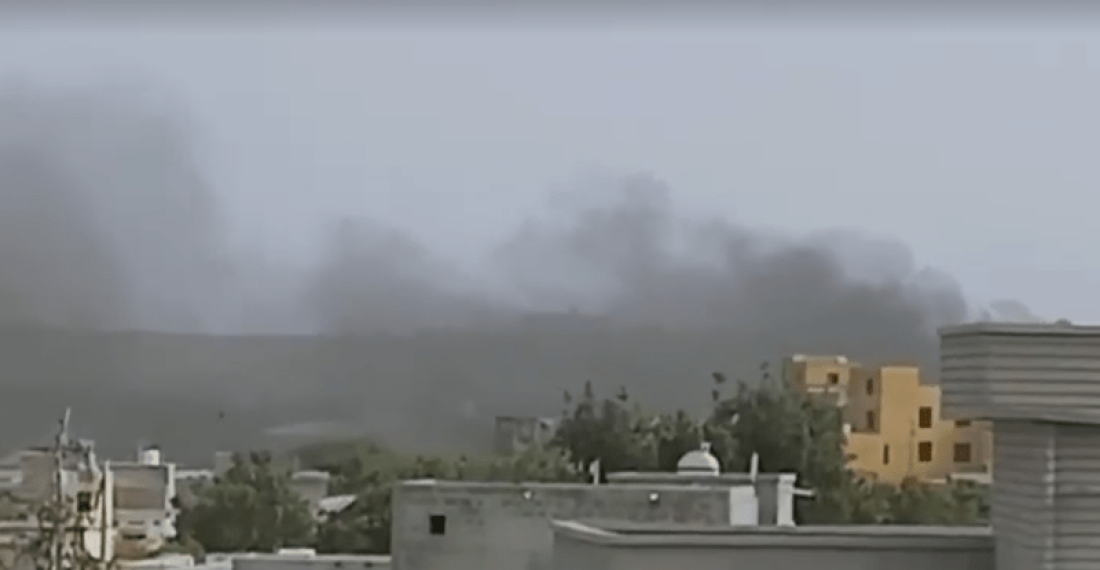Baloch separatists armed with guns and bombs, on Wednesday (20 March) attacked the strategic port of Gwadar, key to the multi-billion dollar China-Pakistan Economic Corridor. Baloch Liberation Army (BLA), the most prominent of several separatist groups in Balochistan, claimed responsibility for the audacious assault which once more highlights controversy around Chinese backed infrastructural projects on the Belt and Road project.
Pakistani security forces later reported that they had killed eight Baloch Liberation Army militants who stormed a complex outside the strategic port of Gwadar. Armed with guns and bombs, the militants attacked the complex that houses offices of government departments, intelligence agencies and paramilitary forces. They detonated a number of bombs before opening fire, said Saeed Ahmed Umrani, a government commissioner.
The Pakistani government said two of its soldiers were killed. In a statement the military said that "Sepoy Bahar Khan, 35, a resident of Dera Ghazi Khan district, and Sepoy Imran Ali, 28, a resident of Khairpur district, “fought gallantly, sacrificed their lives” and were martyred in the exchange of fire."
China has invested heavily in the mineral-rich southwestern province of Balochistan, including developing Gwadar, despite a decades-long separatist insurgency. The deep-water port in the Gulf of Oman near the strategically important Strat of Hormuz is key to the China-Pakistan Economic Corridor, which also encompasses roads and energy projects and is part of Chinese President Xi Jinping's Belt and Road Initiative.
The Baloch Liberation Army, the most prominent of several separatist groups in Balochistan, has previously been involved in attacks on Pakistani and Chinese interests in the region and elsewhere.
Chinese targets have also come under attack by other Baloch militant groups in Pakistan, who have been fighting for decades for a larger share in the regional wealth of mines and minerals that they say is being denied by central government in Islamabad.
Belt and Road projects in Pakistan have been plagued by security concerns. In 2021, a bus carrying engineers to a construction site near a dam in northwestern Pakistan was hit by a bomb, killing 13 people including nine Chinese workers.






